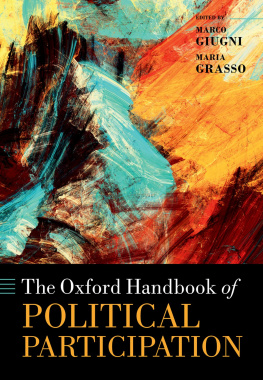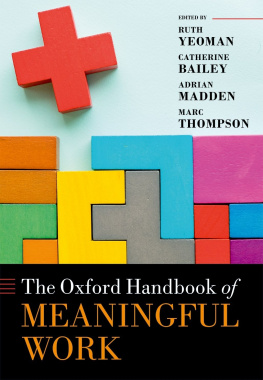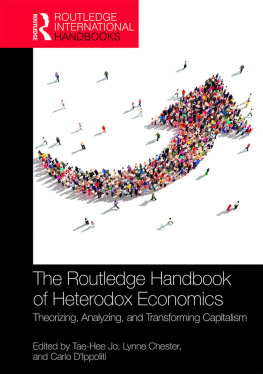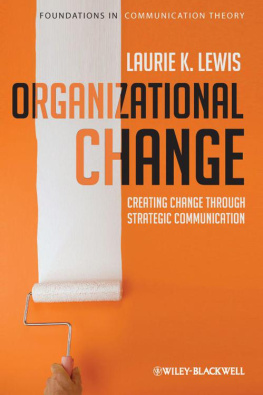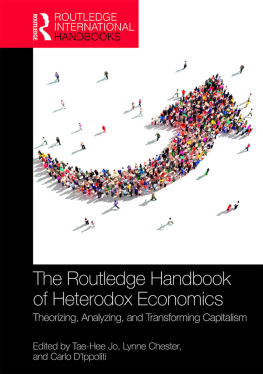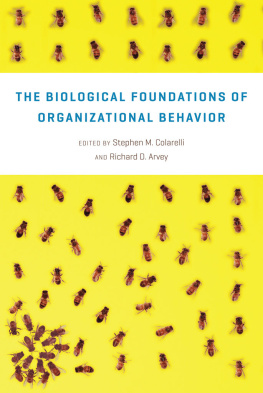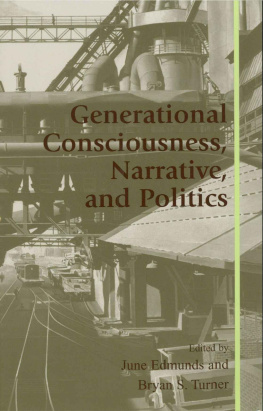Work
KEY CONCEPTS
Published
Barbara Adam, Time
Alan Aldridge, Consumption
Alan Aldridge, The Market
Jakob Arnoldi, Risk
Colin Barnes and Geof Mercer, Disability
Darin Barney, The Network Society
Mildred Blaxter, Health 2nd edition
Harriet Bradley, Gender
Harry Brighouse, Justice
Mnica Brito Vieira and David Runciman, Representation
Steve Bruce, Fundamentalism 2nd edition
Joan Busfield, Mental Illness
Margaret Canovan, The People
Alejandro Cols, Empire
Mary Daly, Welfare
Anthony Elliott, Concepts of the Self 2nd edition
Steve Fenton, Ethnicity 2nd edition
Katrin Flikschuh, Freedom
Michael Freeman, Human Rights 2nd edition
Russell Hardin, Trust
Geoffrey Ingham, Capitalism
Fred Inglis, Culture
Robert H. Jackson, Sovereignty
Jennifer Jackson Preece, Minority Rights
Gill Jones, Youth
Paul Kelly, Liberalism
Anne Mette Kjr, Governance
Ruth Lister, Poverty
Jon Mandle, Global Justice
Anthony Payne and Nicola Phillips, Development
Judith Phillips, Care
Michael Saward, Democracy
John Scott, Power
Anthony D. Smith, Nationalism 2nd edition
Steven Peter Vallas, Work
Stuart White, Equality
Work
A Critique
Steven Peter Vallas
polity
Copyright Steven Peter Vallas 2012
The right of Steven Peter Vallas to be identified as Author of this Work has been asserted in accordance with the UK Copyright, Designs and Patents Act 1988.
First published in 2012 by Polity Press
Polity Press
65 Bridge Street
Cambridge CB2 1UR, UK
Polity Press 350
Main Street
Malden, MA 02148, USA
All rights reserved. Except for the quotation of short passages for the purpose of criticism and review, no part of this publication may be reproduced, stored in a retrieval system, or transmitted, in any form or by any means, electronic, mechanical, photocopying, recording or otherwise, without the prior permission of the publisher.
ISBN-13: 978-0-7456-8070-5
A catalogue record for this book is available from the British Library.
The publisher has used its best endeavours to ensure that the URLs for external websites referred to in this book are correct and active at the time of going to press. However, the publisher has no responsibility for the websites and can make no guarantee that a site will remain live or that the content is or will remain appropriate.
Every effort has been made to trace all copyright holders, but if any have been inadvertently overlooked the publisher will be pleased to include any necessary credits in any subsequent reprint or edition.
For further information on Polity, visit our website: www.politybooks.com
Contents
Figures and Tables
Figures
Tables
Introduction
Social scientists of widely varying persuasions from Adam Smith, Karl Marx, and Max Weber to the Chicago School of sociology have long acknowledged the centrality of work in all social and cultural life. They confronted the industrialization process, and were keenly aware of the ways in which industrial capitalism gripped the working lives of peasants, artisans, landowners, and merchants. As it did so, it remade the social landscape, refashioned the temporal rhythms of human experience, and redefined the way that authority, community, gender, and domestic life were all defined. Indeed, it might be said that classical social theory was one sustained debate over the division of labor modernity had wrought, and how it was likely to shape the character of human life.
What of our own era? How are the withering away of manufacturing industries, the spread of digital media, the rise of financial models of work and organizations, and the global mobility of production processes combining to transform our everyday working lives and identities? Has the wish for full-time employment in a stable career now become an exercise in nostalgia? Has a new, post-Fordist, regime of work emerged, with instability and uncertainty constituting permanent features of the economic landscape? And which (if any) of these developments can be submitted to democratic choice rather than to the blind forces of the marketplace? To pose these questions is to acknowledge that long-established assumptions about the nature of work have been disrupted, and that the very concept of work now warrants close and careful deliberation.
Of course, there is no shortage of discussions about work. Yet in the USA, especially, managerial assumptions have proven so powerful as to sideline unsponsored inquiry into the forms that work is beginning to assume. Indeed, at their most extreme, managerial statements about work have become minor industries in their own right, as in the case of Peters and Watermans In Search of Excellence (which has spun off multiple small businesses), Spencer Johnsons Who Moved My Cheese? (now available in a special edition for pre-teens), or Daniel Pinks Free Agent Nation (which invites its readers to regard themselves as their own CEOs). For their part, policy analysts often do address workplace issues, but commonly adhere to a formulaic montage of well-worn solutions. Should unemployment insurance benefits be extended? How will increases in the minimum wage affect the labor market? Dare we consider public works programs, or paid family leave? Unasked are questions about the forces that govern the structure of work organizations, why some jobs are valued so much more highly than others, how stereotypes of the most appropriate workers for a given occupation influence the distribution of opportunities at work, or whether work might begin to reflect the wishes of those who perform it. All too often, questions of agency and choice in the economic realm have been relegated to the personal advice columns in the business section, which unfailingly school their readers in how to compromise with ones boss. Images of muffled dissent and cynicism find expression in such outlets as


